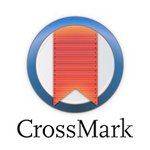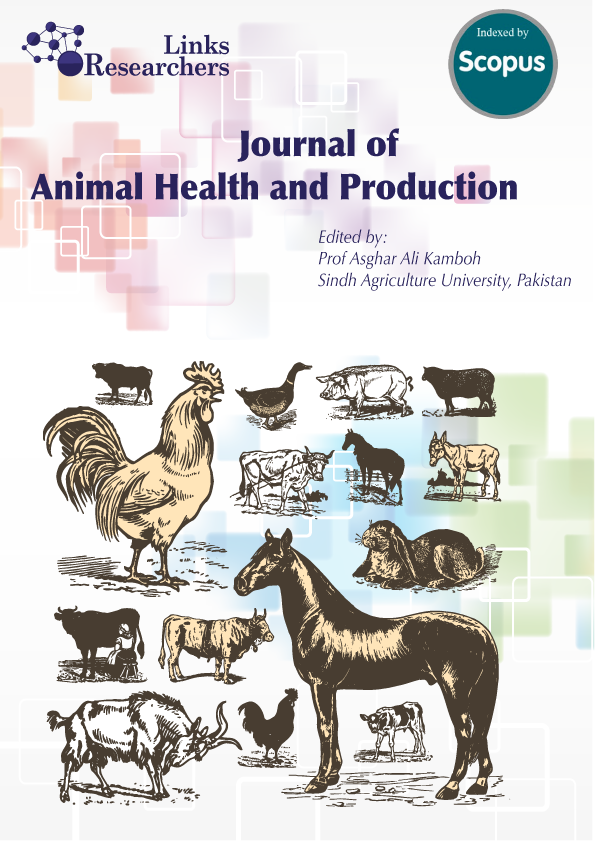Protective Response of Zinc Oxide Nanoparticle with Chitosan Oligosaccharide on Intestinal Integrity, Goblet Cell Count and Meat Quality of Broiler Chicken under Heat Stress
Protective Response of Zinc Oxide Nanoparticle with Chitosan Oligosaccharide on Intestinal Integrity, Goblet Cell Count and Meat Quality of Broiler Chicken under Heat Stress
Syed Abdul Hadi1, Jameel Ahmed Gandahi1*, Muhammad Ghiasuddin Shah1, Saima Masood2, Noor Samad Gandahi1
ABSTRACT
The current investigation was undertaken to address the harmful effect of heat stress (HS) on poultry production. Day-old 336 chicks, divided into seven groups, viz., negative control (NC) group received basal diet (BD) only; positive control (PC) group received BD + HS; heat-stress-zinc (HZ) group received HS + ZnO (60 mg/kg); heat-stress-zinc-nanoparticles (HZN) group received HS + ZnO-NP (60 mg/kg); heat-stress-chitosan oligosaccharide (HC) group received HS + COS (200 mg/kg); heat-stress-zinc-chitosan (HZC) group received HS + ZnO (60 mg/kg) + COS (200 mg/kg); and, heat-stress-zinc-nanoparticles-chitosan (HZNC) group received HS + ZnO-NP (60 mg/kg) + COS (200 mg/kg). All treatments were mixed into the BD and supplemented for 42 days. The results of current study showed significant improvement (P≤0.05) in jejunum villus height, width, villus surface area and crypt depth in HZNC. Similarly, the count of acidic, neutral and mixed goblet cells across all supplemented groups increased in comparison to PC. In cecal tonsils, the length of lymphatic nodules (LLN), width of lymphatic nodules (WLN), and area of lymphatic nodules (ALN) showed significant increases (P≤0.05) in HZNC compared to PC. Muscle pH, and muscle fiber diameter significantly increased (P≤0.05) in HZNC compared to PC, while water holding capacity (WHC) was reduced in all supplemented groups compared to PC. The weight of spleen, heart, and kidney was unaffected (P≥0.05), while weight of liver significantly increased (P≤0.05) in HZNC compared to PC. In conclusion, the combined supplementation of ZnO-NP 60 mg/kg and COS 200 mg/kg effectively mitigated the negative consequences of heat stress thus could be adopted in hot climates as feed supplement instead of synthetic antibiotics.
To share on other social networks, click on any share button. What are these?





